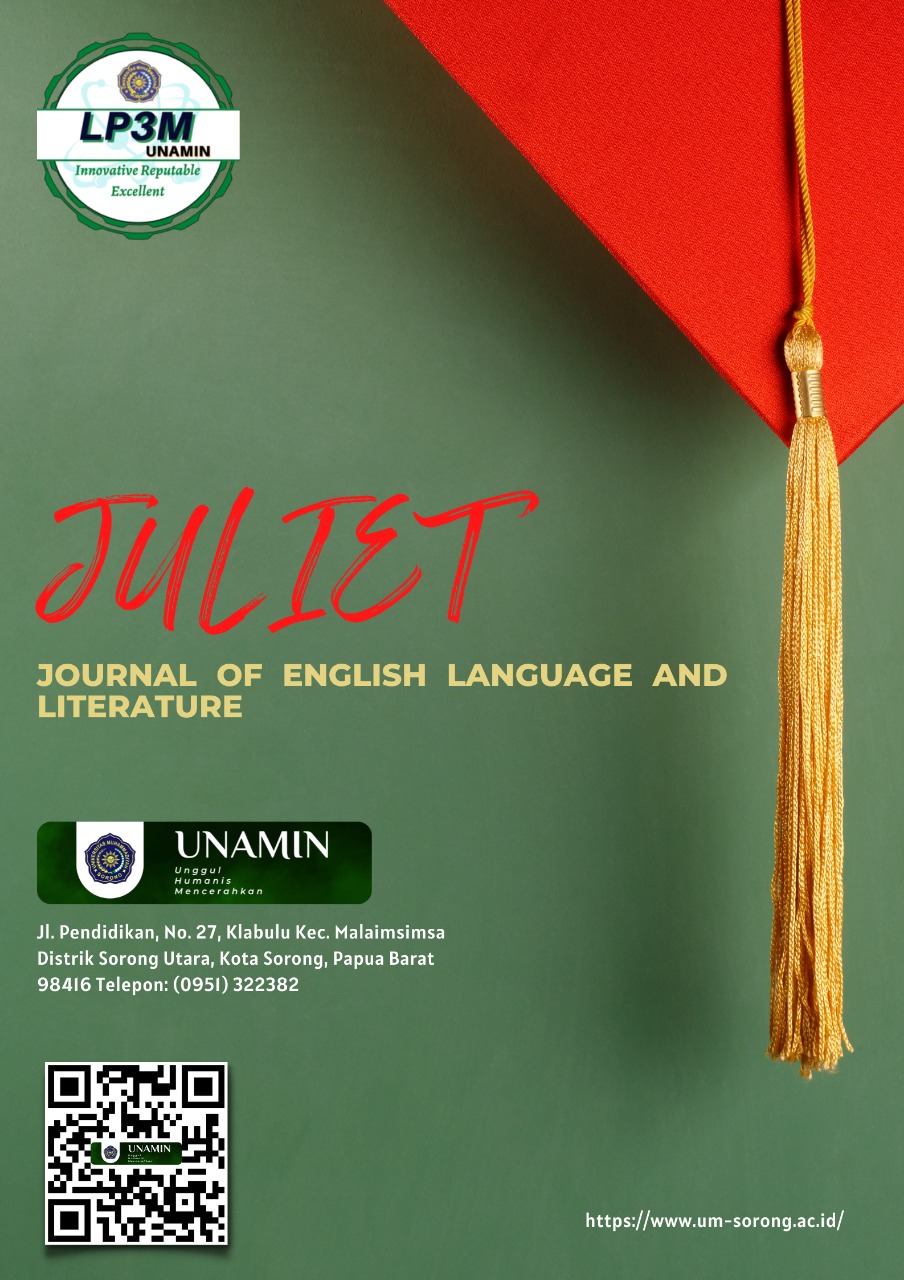The Influence of the Flipped Classroom Model to Improves the Critical Thinking Skills Students
Keywords:
Critical thinking, Flipped Classroom, FriscoAbstract
Critical thinking skills must be trained in learning, therefore researchers tried to apply the flipped class method to improve students' critical thinking. Research was conducted to describe the profile of critical thinking abilities through the implementation of flipped classes. The type of research used is quantitative descriptive research. The research uses a quasi-experimental design (quasi-experimental research). Data collection was obtained using test techniques. The test is used to measure critical thinking skills in accordance with the critical thinking indicator, namely FRISCO (Fokus, Reason, Inference, Situation, Clarity, and Overview). Data were analyzed using percentage correction and Ancova. The profile of students' critical thinking ability scores before treatment in the experimental class obtained an average of 38.30 (low). After implementing the flipped class, the thinking ability in the experimental class obtained an average of 86.00 (very high). Based on this analysis, it can be concluded that the profile Students' critical thinking abilities can be trained and improved through the implementation of flipped classroom learning.








